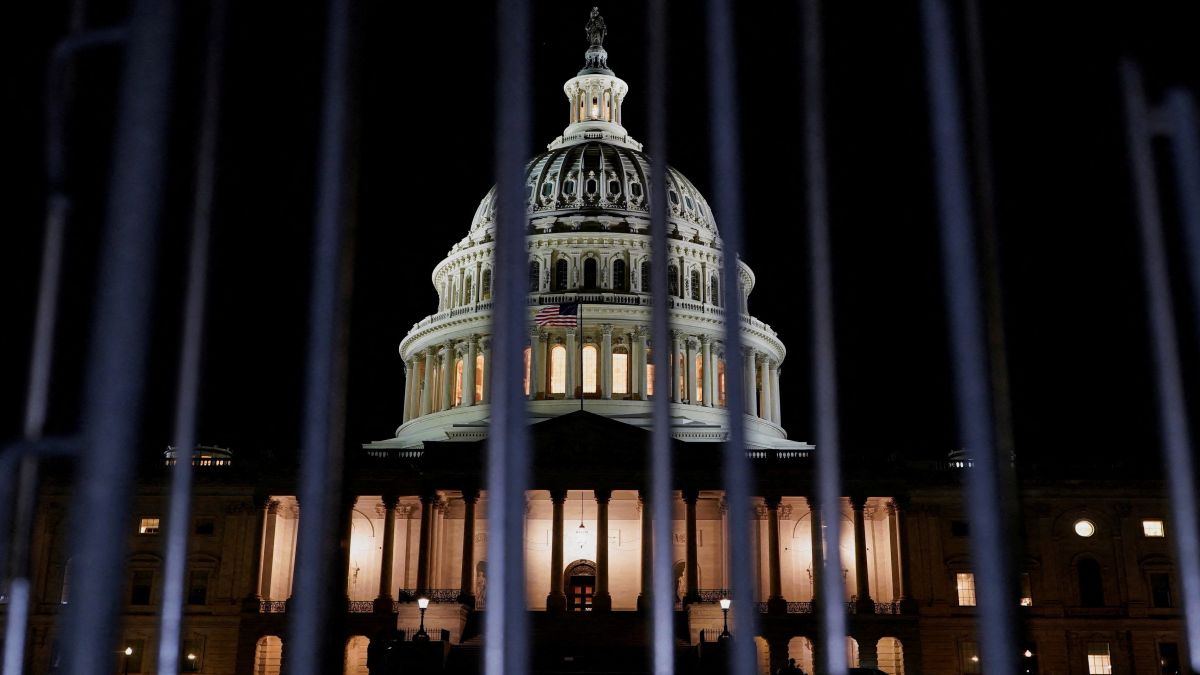A bipartisan initiative to block the US President Donald Trump administration’s lethal strikes against Venezuelan drug smugglers fell short in the Senate voting on Wednesday night. Democratic lawmakers went on to describe the voting result as a failure of Congress to assert its constitutional role to decide whether the country enters war.
For the past two months, the American military has struck at least four boats navigating the Caribbean Sea, killing 21 people. The Trump administration argued that the strikes were targeting “ narco-terrorists ” from notorious drug gangs in Venezuela. The American leader went on to notify Congress that the United States is now in “armed conflict” with these alleged traffickers.
Meanwhile, Democratic lawmakers pushed back, arguing that the military officials in multiple classified briefings have not definitively identified the victims or explained why the military is using deadly force rather than the long-standing protocol of interdicting vessels at sea. The Wednesday vote marked the most direct confrontation between lawmakers and the Trump administration over the strikes.
A bipartisan concern
While Democrats have outrightly called the strikes unconstitutional, some Republicans have privately worried that they may lack a legal basis. “What we are doing is a very simple, straightforward resolution that just says, Congress, be Congress ,” Tim Kaine (D-Virginia), one of the senators leading the measure, said during a news conference before the vote, according to The Washington Post. “These military actions should stop unless authorised.”
Meanwhile, the Trump administration has escalated its campaign, sending US Navy warships and military aircraft to the region, with Trump vowing to continue and broaden “international waters” into direct strikes on Venezuelan land.
“The United States has now reached a critical point where we must use force in self-defence and defence of others against the ongoing attacks by these designated terrorist organisations,” the administration’s notice to Congress states earlier this month.
Democratic lawmakers also argued that the Pentagon has not made a conclusive case for taking military action. “I have no idea precisely the identities of who was on these ships, or even whether the administration knows their identities,” said Adam Schiff (D-California), another senator leading the vote.
Impact Shorts
More ShortsRepublican Senator Rand Paul (R-Kentucky) also criticised the strikes as “extrajudicial killings,” at times directly confronting administration officials. “Is it too much to ask to know the names of those we kill before we kill them, to know what evidence exists of their guilt?” Paul said on Wednesday on the Senate floor, calling the administration’s argument “madness.”
It is pertient to note that Paul and one other Republican senator, Lisa Murkowski, were the only two who broke with party lines to support the 48-to-51 motion at Wednesday’s vote. Meanwhile, one Democrat, John Fetterman (D-Pennsylvania), voted against.
Colombia raises concerns
On Wednesday, Colombian President Gustavo Petro posted on X that the latest vessel struck by the US military was from his country and carried Colombian citizens. Amid the chaos, lawmakers from both American parties were visibly frustrated with the lack of information following briefings by Pentagon General Counsel Earl Matthews in recent weeks, The Washington Post reported.
“The sessions went very, very poorly,” said one person briefed on the meetings afterwards, who spoke to The Washington Post on the condition of anonymity to discuss the closed sessions.
The tussle came after Trump, in February, designated eight groups as foreign terrorist organisations, including Tren de Aragua, a Venezuela-based gang that Trump has claimed is run by the country’s president, Nicolás Maduro.
)